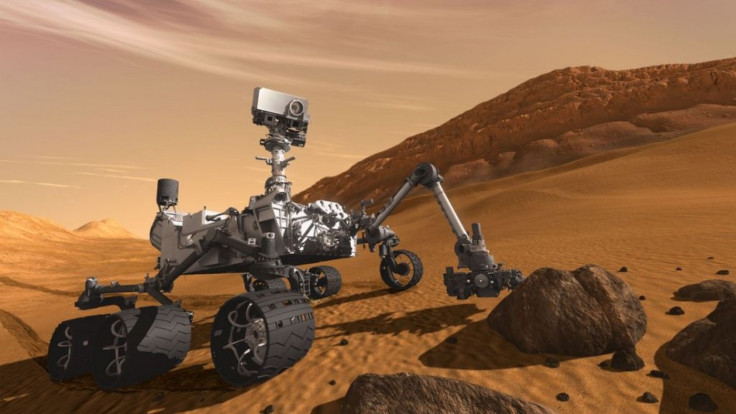NASA Mars Mission Update: Scientists Aim for 2018 Launch Despite Gutted Budget

Faced with deep budget cuts, NASA is restructuring its Mars exploration program in order to scrap up funds for a possible robotic mission to the red planet between 2018 and 2020.
President Barack Obama released a projection of reduced budget allocations over the next five years for the space agency on Feb. 13 that would shrink the budget for its Mars exploration program from $587 million in 2012 to $189 million by 2015, international science journal Nature reported.
In response, NASA has withdrawn its commitment to two joint Mars missions with European Space Agency, which remain scheduled for 2016 and 2018 at the moment. The 2016 mission plans to deliver an orbiter to gather data on trace gases in Mars' atmosphere, and the 2018 mission to put a rover on the planet's surface.
The agency has tentatively scheduled a $700 million Mars mission sometime between 2018 and 2020, which will likely be limited to delivering an orbiter, similar to the 2016 mission, Nature reported. NASA scientists still hope to be able to send out a rover, if costs can be brought down.
NASA has formed a committee called the Mars Planning Program Group (MPPG), which is tasked with restructuring the agency's Mars exploration program to cut down on costs, reported TG Daily.
The team will develop a plan that advances the priorities in the National Research Council's Decadal Survey, which puts sample return as the top scientific goal, and leverages NASA's research in enabling technology, said John Grunsfeld, a NASA administrator, in an interview with TG Daily.
Our investments in the new Mars program will incorporate elements of advanced research and technologies in support of a logical sequence of missions to answer fundamental scientific questions and ultimately support the goal of sending people to Mars.
© Copyright IBTimes 2024. All rights reserved.





















